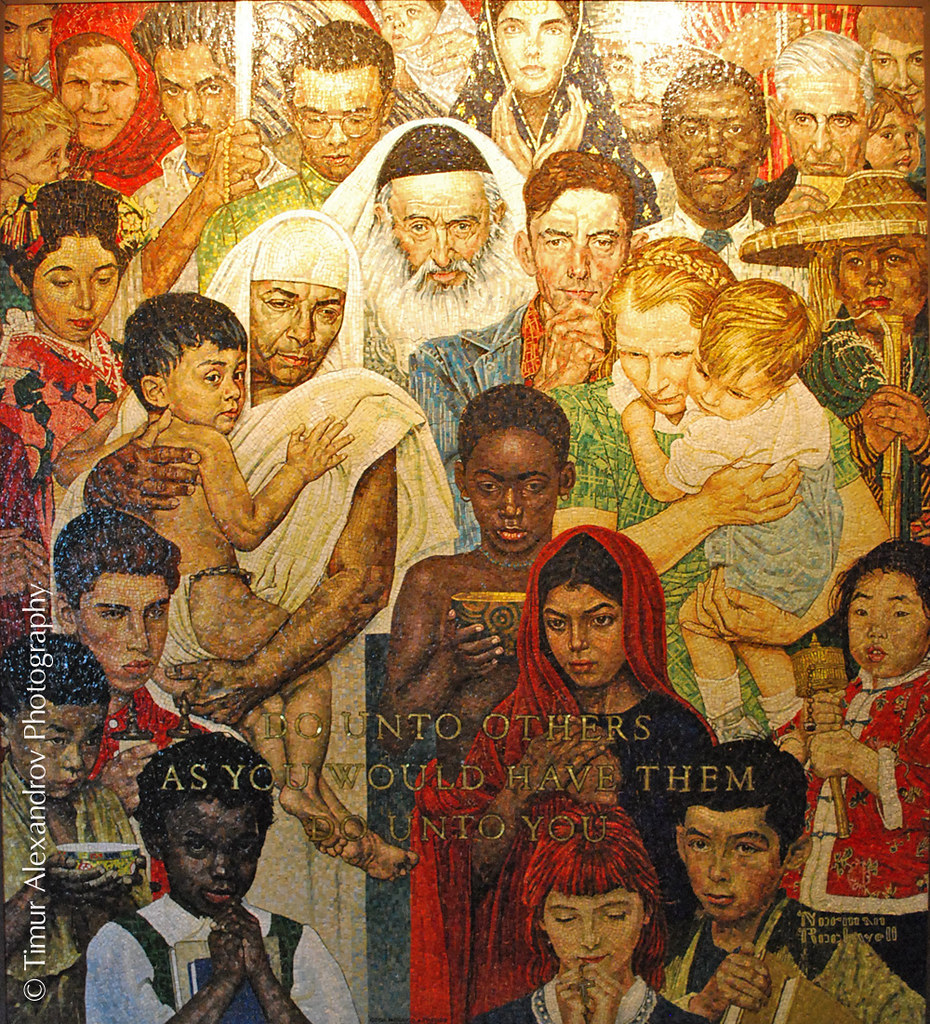Our Friday article, Human Behavior and Climate Change: A Warning, has an unfortunate but timely follow-up.
My wife pointed it out in the Sunday edition of The Washington Post, as we enjoyed our morning coffee from our Keurig machine (you know the one – fill with water, put in a pod of your fav flavor of caffeine, and smell the coffee).
Alas, I digress.
In his article – “Divided by drought” regarding the severe situation in Capetown, South Africa, Kevin Sieff raises the same basic issue we did in our Friday post.
However, he started with a question – a behavior question:
What do you do when your city is running out of water?
Sounds like something a science or a social studies teacher would ask doesn’t it?
If only it WAS just an academic exercise. Here’s the reality:
“Within the next few months, Cape Town’s taps could run dry, the result of a protracted drought and a government failure to provide an alternative water source to this city of 4 million. Now, residents are scrambling to find their own private solutions.
That’s four ‘million’ men, women, children, pets and no water? Daily drinking, bathing, dishes, sewage for four million people and no water?
‘WHAT DO YOU DO?’
Here’s Sieff’s shocker,
The answer, at least in one of the world’s most unequal countries, depends on how much money you have. [1]
Are we back to that “have/have nots” thing again?
Actually, we are. Here’s some historical perspective.
In the United States and Europe, until the early 20th century, clean water was largely supplied to homes by private wells or utilities, and poor residents often had less access to it. [1]
However, the “haves” (along with the “have nots”) faced:
“…frequent outbreaks of disease, such as cholera, in places with poor sanitation. In the early 1900s, urban planners began to consider water as a public good, distributed without regard for economic status and funded by a broad tax base. [1]
Here’s the rest of that historical perspective UPDATED:
In modern history, no city in the developed world has ever run out of water. Cape Town’s experience, then, may be a Hobbesian test of the way people on opposite ends of the 21st century’s income gap access the most basic resources in the most dire times.
However, America addressed this very issue in a very loud, declaratory way in 1776:
We hold these truths to be self-evident, that all men are created equal, that they are endowed by their Creator with certain unalienable Rights, that among these are Life, Liberty and the pursuit of Happiness. — That to secure these rights, Governments are instituted among Men, deriving their just powers from the consent of the governed. [2]
When the water runs out, that system and its underlying philosophy that we shouted, touted and for which we fought, could disappear.
“The lesson here is that you can’t trust the government to provide water for you,” said Gabby De Wet. “People are taking things into their own hands.”
But like gun control, Climate Change – to Americans – is a dead issue.
Wake up America, and smell the coffee!
While you can.
Food for thought.
Mac
Works Cited
[1] Sieff, Kevin. “Divided by drought.” The Washington Post – February 25, 2018.
[2] Any U.S.History or American Government textbook.



Leave a comment